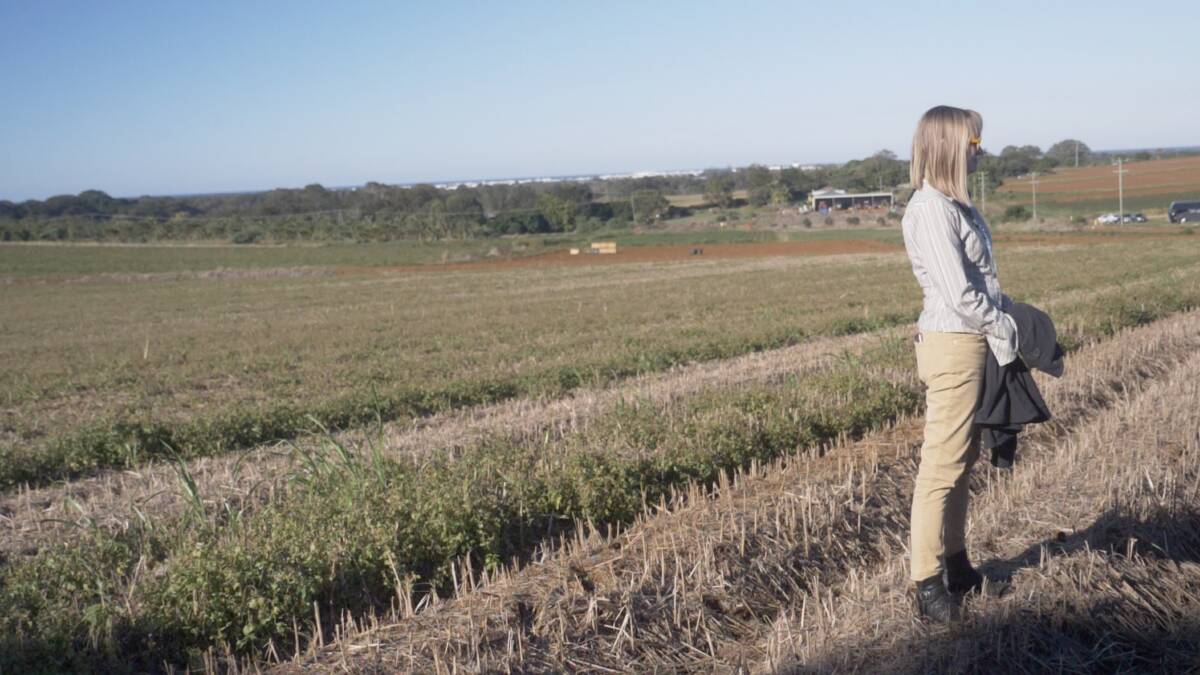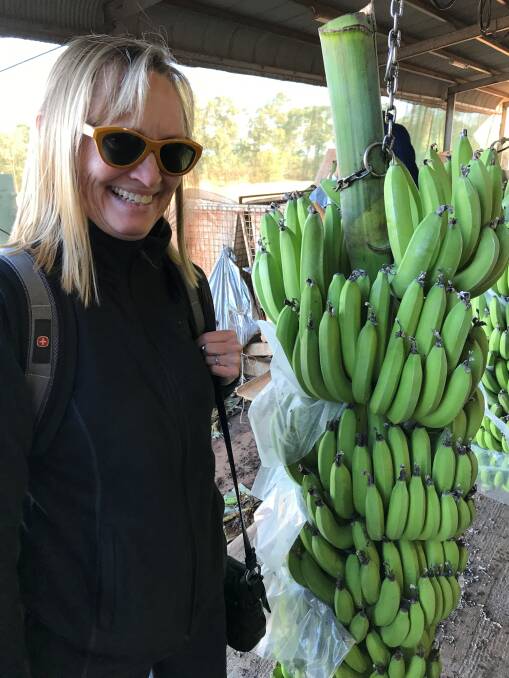
BAYER continues to develop its biological product portfolio but it's also realistic about the chemistry in the broader scheme of agriculture.
Subscribe now for unlimited access to all our agricultural news
across the nation
or signup to continue reading
In the horticulture space, Bayer recently had its biofungicide, Serenade Opti, registered for use in tropical crops including avocados and mangoes, to treat anthracnose and stem end rot.
Its other product within the biological suite, the plant health additive Serenade Prime, will soon be registered for use in bananas, allowing growers to manage Yellow Sigatoka.
RELATED READING
To help get the awareness out to growers about the products, Bayer Crop Science's United States-based director of biologics, Dr Denise Manker visited Australia recently to speak with growers and agronomists.
Dr Manker is responsible for technical advising of worldwide biologics market development for Bayer.
Dr Manker covered a fair menu of crops while down under, including bananas, macadamias, avocados, potatoes, onions, citrus, strawberries, grapes and vegetables, visiting growers in north Queensland, as well as those in Bundaberg, Mildura and the Yarra Valley.
She said in areas with heavy regulatory pressure like Europe and Australia, biological products travel an easier path through to approval.

"The biologicals are a space that allows us to house additional products in addition to synthetic products that will get through these things more readily," she said.
"Of course, we have to do toxicology testing on all these things but in general the biologicals are more readily accepted by the regulatory agencies and make it through the toxicology without non-target problems on beneficial insects."
Consumer Pressures
THE focus on food safety and provenance continues to push consumers to want more information.
"I can't imagine a scenario where countries go backwards and say, oh, we don't mind more residues in our crops," Dr Manker said.
"So I can't see it going backwards; only getting more challenging for growers to get their crops out and have all the tools they need.
I don't, today, see a world where we can only have biological products.
- Denise Manker, Bayer
"Consumers are putting a lot of pressure on as well. They want less chemistry, they want to have the perfect fruit and those things don't always go together.
"And so biologicals also help us with that."
That said, the level of food production going into the future will require a multipronged approach, according to Dr Manker.
"I don't, today, see a world where we can only have biological products," she said.
"They can't really fix everything but they are great tools to use within an integrated program with conventional chemistry for many different advantages that stem from that."
She said Serenade Prime and Serenade Opti gave more than just their focus function.
"The nice thing about working with a biological product like Serenade is that in addition to some disease control, you can also get some plant health effects that can help mitigate those kinds of difficult scenarios where you maybe have a low patch in the field where you have too much water," Dr Manker said.
"It just helps the plants tolerate those adverse situations better."
Science and Satisfaction
WITH court cases surrounding glyphosate making headlines in America, Dr Manker said biological products have a greater cause.
"I think the media will always have a place where they like to take things that are sensational because it sells papers or whatever, and I think people don't have enough of the science background that they need to have," she said.
There are a lot of things we are learning now about plant microbe interactions, so it's not just about things like disease control, it's also what's happening with the plant.
- Dr Denise Manker, Bayer
"But really, I think consumers are just asking for what everybody wants. They want the safest possible food, they want it to look nice, they want it to be healthy.
"They want to eat a lot of fruits and vegetables and we want them to have that as well."
For chemistry researchers, having a new field to explore presented plenty of opportunities.
"There are a lot of things we are learning now about plant microbe interactions, so it's not just about things like disease control, it's also what's happening with the plant," Dr Manker said.
"It's a whole system approach rather than a single compound that kills this, that or the other, and I think that is a little bit more balanced."


